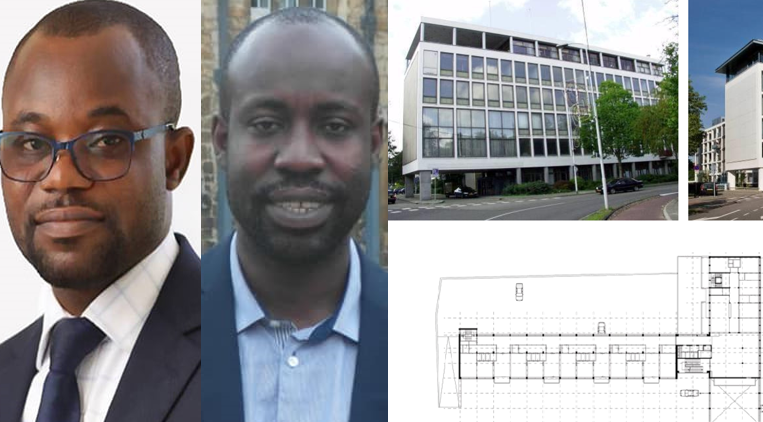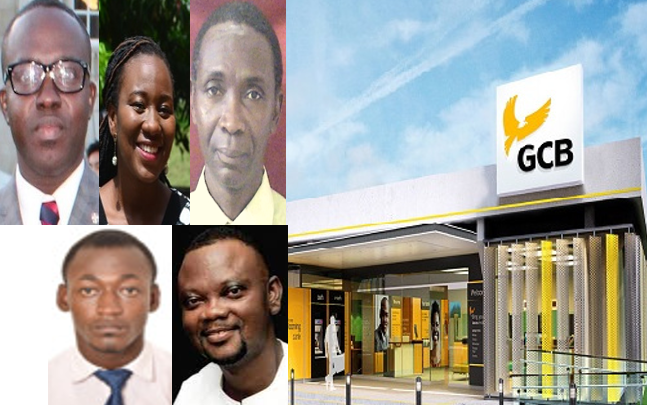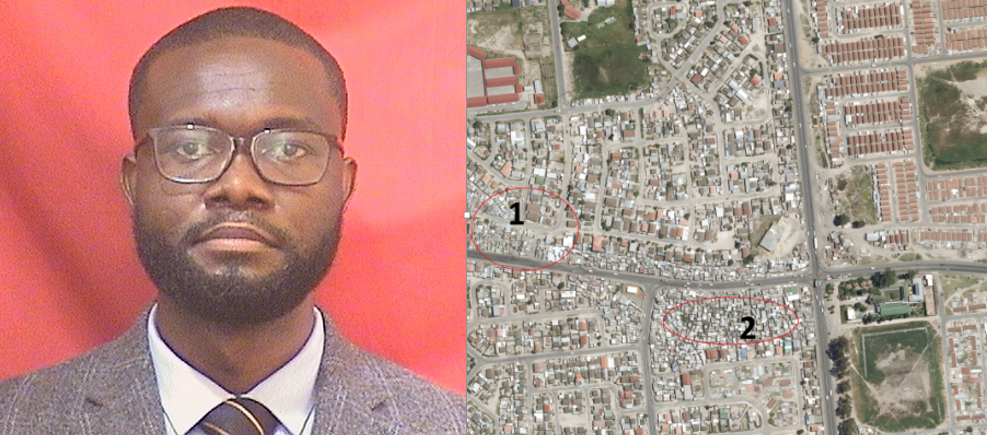Behavioural finance, property values and housing conversion in Urban Ghana

Abstract
In recent years, scholars have explained the factors driving the conversion of residential accommodation to retail units in African cities from an economic standpoint, which indicates high demand for property owners and high potential profit for retail tenants. Nevertheless, these economic perspectives do not elucidate the reasons behind the increasing rate of vacancies in converted retail units amidst the high demand and profit. This paper scrutinizes the rate of vacancies in converted retail units and the behavioural dimensions of conversion and renting decisions in the Greater Accra Metropolitan Area (GAMA) in Ghana. Drawing on the behavioural finance concepts of investor myopia and herding behaviour, findings revealed that the conversion and renting decisions of some property owners and retail tenants in GAMA, respectively, are based on the perceived economic gain realized by other owners and tenants and not informed by locational dynamics and other rudiments of property market analysis. The consequences of these decisions manifest in their negative impact on the exchange and use values of converted retail units. Property owners are compelled to accept lower rents, shorter leases, and external cost of repairs as opportunity costs for the vacant retail units. Retailers, dissatisfied with low level of sales, fold up or continue to relocate from one retail unit to another. The implication of this study, among others, is that the huge capital investment in housing conversion may not be realized unless conversion decisions are based on a critical analysis of the property market.
Read full paper here: https://link.springer.com/article/10.1007/s10901-021-09910-4?fbclid=IwAR1kEs5hJyBP37x0tygpV_4SJkmqt-0BvqiVientNlhAcbYrwbnQj1GODZA


